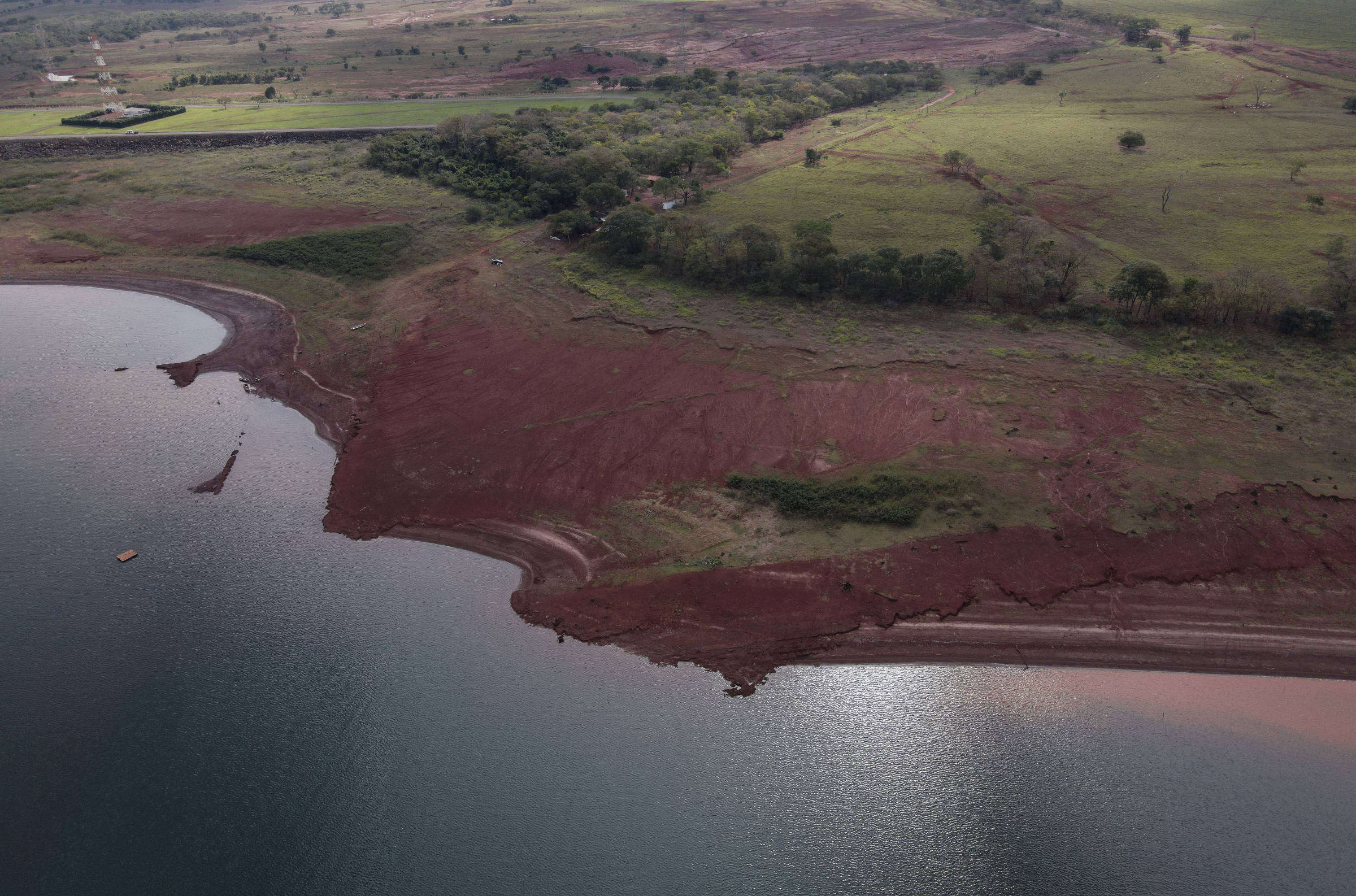The government and the electricity sector administration have taken measures to prevent electricity rationing this year, although there is less certainty about the risk of accidental power outages. So say private sector experts, many of whom have experience in government. The bigger issue is whether these measures will be implemented.
Risks: 1) political opposition in Congress or from local governments; 2) the risk of getting decisions in court; 3) that there is no emergency power supply (insufficient imports, lack of gas for CHP plants, failures of these stations, etc.); 4) conflict between institutions involved in the regulation of energy and water use.
In late May, the National Electricity System Operator (ONS) published a study on the risk of energy shortages, a risk largely resulting from the emptying of hydropower reservoirs in the Parana River Basin. The assumptions of these projections are very “conservative” (it is assumed that almost everything goes very wrong, roughly speaking). Reservoirs will fall to record lows by November; certain actions can prevent critical emptying. If the dams are below a certain level, the plants produce little or no energy. If they can use less water, the energy that will not be produced will be replaced by that which will come from thermoelectric plants, which are much more expensive, or from other regions of the country.
Chief among these measures is the change in regulatory requirements, according to which a certain amount of water seeps from dams into the river below some factories and is maintained at the level of others. These requirements exist because water is not only used to generate electricity: flooded lakes support tourism, irrigation and other industries; minimal runoff prevents rivers from becoming too low, which negatively affects shipping, fish and water supplies.
Those affected by these changes, which are already being implemented, complain, of course, in a legitimate manner. The complaint, of course, has a political effect. Senator Rodrigo Pacheco (DEM-MG), President of the Senate, even wants to legislate the minimum water level in the Furnas reservoir. If he succeeds, then perhaps other water addicts will say the same.
One challenge is to balance the risk of dam emptying, which could lead to a rationing disaster, with the loss of those who depend on water for other purposes. This balance includes payments for damage to victims, which must be included in the electricity bill.
In addition, given the risk of political or judicial conflict, the government is planning an interim measure that centralizes emergency solutions, partly removing the authority of involved institutions such as the National Water Resources Agency and Ibama. There are fears that this measure may be authoritarian, interventionist, to the point of refusing the tractor in interests not related to electricity.
In addition, plant owners fear that they will be sued for damage caused by changes in water levels and flow from the dams they operate.
Alexander Zukarato says the announced measures include proposals from ONS, of which he is the planning director. That is, even under the “conservative” scenario, there will be water. The question is in implementation. The ONS manages the transit and source of electricity generation in the country.
“The next 45 days are fundamental [para a implementação]“And reducing the flow of hydropower plants is ‘urgent,’” says Luis Barroso, director-president of PSR consulting company and former president of Empresa de Pesquisa Energética, affiliated with the Ministry of Mines and Energy. PSR believes that the ONS scenario was even immensely conservative, but agrees with the proposed measures to avoid the worst. Interaction with other people















